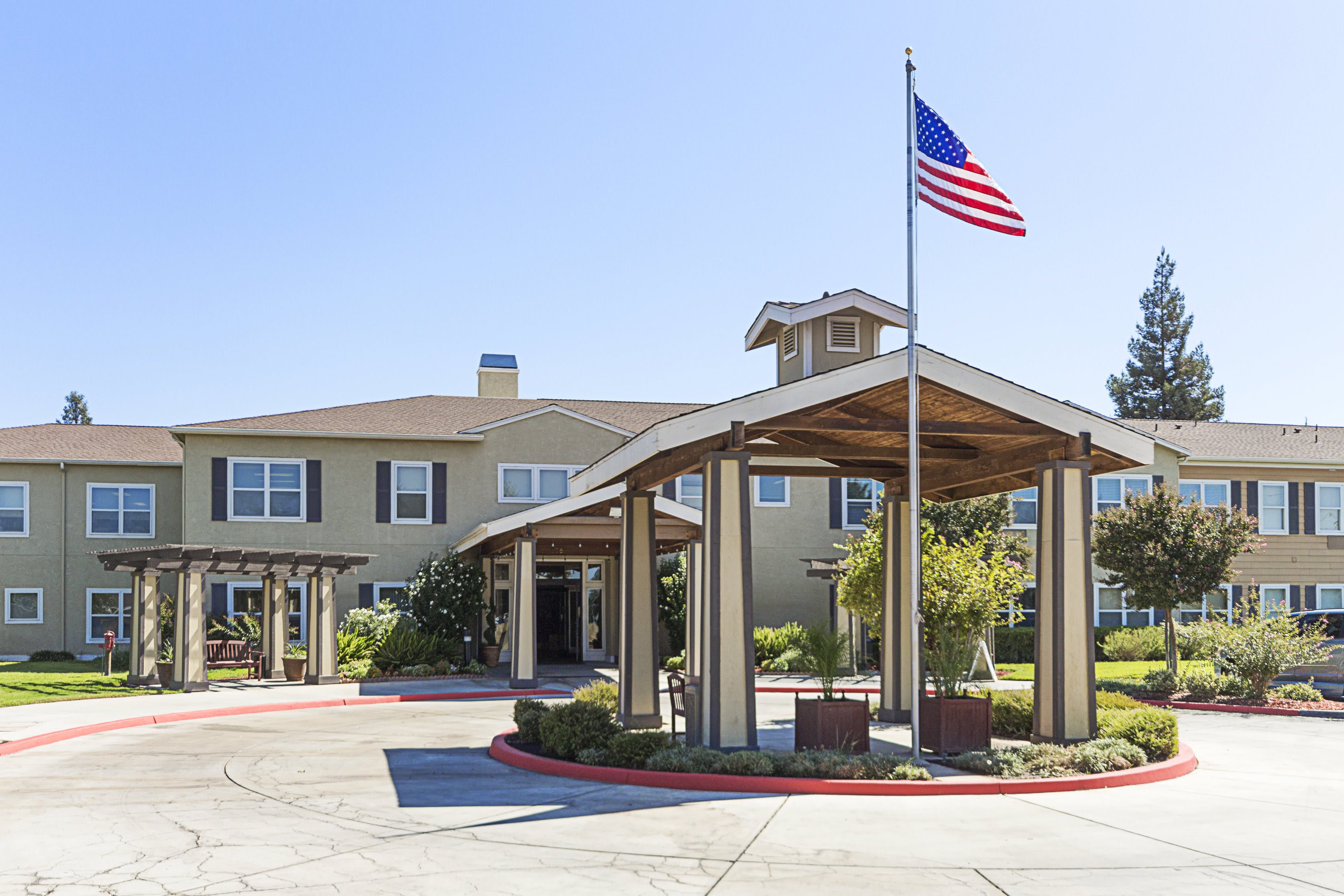
Is Medicare able to pay for assisted living? It's a common question among Medicare beneficiaries. Some cases Medicare may pay 100%, while Medicaid may cover some of the costs. Because Medicare doesn't provide assisted living, Medicaid often becomes the only option. Medicaid coverage is also different from one state to the next. Medicare Supplement might be an option if Medicaid is not available.
Medicaid covers custodial care
Medicare doesn't pay for custodial services, but some state Medicaid programs will cover them. The program pays for non-medical assistance such as dressing and bathing, as well as helping with activities of daily life. The program may also help with medical care, as well as light housekeeping and other errands. Although custodial care is valuable for seniors, it is not covered by most private insurance plans.

Medicare pays 100% of all costs for care
Medicare Part A only covers part of the cost for assisted living. It does not cover custodial care. To avoid this, it is important to plan ahead for a move-in deposit and moving expenses. Also, plan for the average 3 percent to 6 percent increase in costs each year. Planning ahead can help you save money and provide information about your care options. You can also learn more about Medicaid and how it can help you with the cost of assisted living.
Medicare Supplement doesn't cover assisted living
Medigap insurance policies are a good option if you want to receive assisted living services but your existing insurance does not cover it. Many Medigap plans cover assisted living, but others do not. Plan C covers the first 21 day in a SNF, while plan D and F cover coinsurance between 50% and 75%. Medicare Supplement does not cover assisted living. It is best to consult your agent.
Medicaid coverage differs by state
Not all Medicaid plans include assisted living. You might not be eligible for Medicaid benefits. Or, you may have fallen too far on the waiting lists to receive benefits. In these situations, you might need to consider private funding sources such as veteran's benefits or insurance plans. While the process of enrolling in these programs may be complex, paying for assisted living yourself can be easier than applying for Medicaid benefits. Continue reading for information about Medicaid coverage and assisted living.

Assisted living is a "home away from home"
At Home Away From Home offers assistance in dressing, bathing, and reminding you of your medication. Personal is available to monitor insulin levels, and adjust accordingly. There are special diets available. State licensing does not require 24-hour awake staff. However, most residents prefer that they receive assistance in the bathroom or with daily activities on a regular basis. While state regulations do not mandate that caregivers be on duty twenty-four hours a day, At Home Away From Home offers 24 hour supervision.